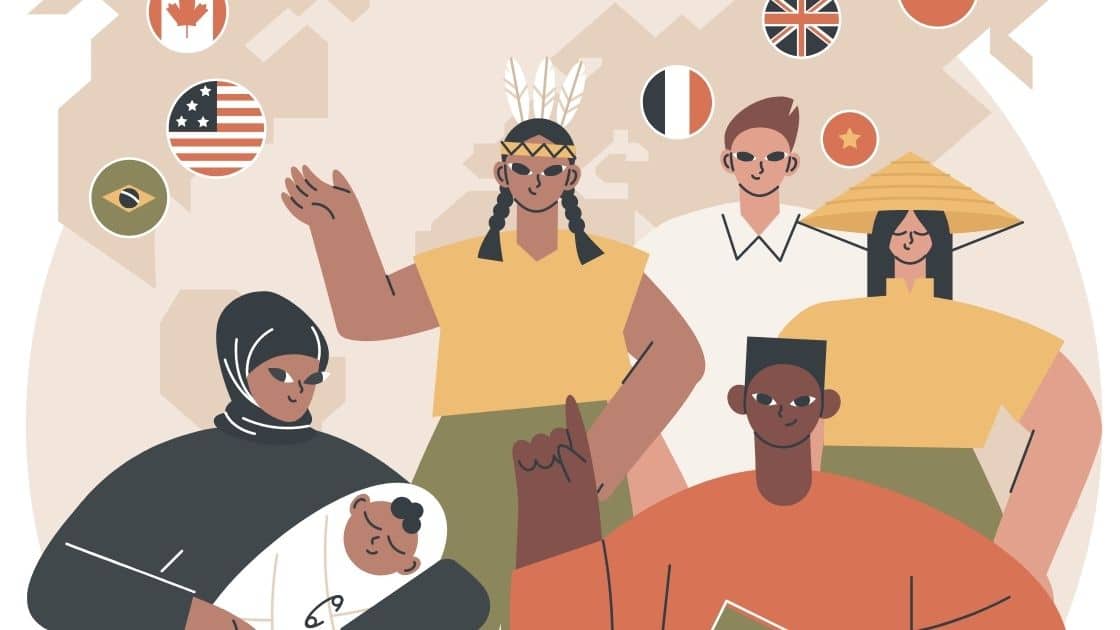Country of Origin Meaning
Country of Origin is a mark found on most products that informs the consumer in what country the product was made. These most commonly appear like this:
- Made in the USA
- Made in China
- Made in Vietnam
Country of Origin will affect tax rates, trade regulations and many other legal issues with the customs department of the destination country. Most commonly, however, buyers are most concerned simply about what is the landed cost of the items. And for that reason, Country of Origin labels in today’s world most commonly read “Made in China”.
Why is that the case? Will it ever change? Does it matter?
Why Country of Origin Matters
Not long ago, most consumers didn’t care one way or another where a product was made. Sure, they had some vague conception (often racially-loaded) about where the “good” stuff came from, but in general they cared most about the price. As China grew to become the global manufacturing powerhouse that it is today, Chinese factories – together with their clients – learned to produce goods that would both meet the quality AND price demands of international markets. As soon as that singularity occurred, the world became flooded with goods that were the perfect blend of just good enough and just cheap enough to satisfy nearly everyone.
NEARLY everyone. Domination of the industry by one player isn’t the whole story
In the music industry, in 2000, mainstream pop band NSYNC broke the Billboard record for 1st week sales and held it for 15 years. At the same time, a little-known band called Modest Mouse, doing their own thing, released an indie record that would take hold and help change the face of American music forever.
Pop music was big, it made the most money, but it also created an opportunity for another, new generation of indie artists to thrive and grow under the radar.
Price Matters, But It Goes Deeper
Similarly, while many brands and consumers in today’s world don’t care about country of origin, there are many that do. There’s has always been an undercurrent of brands who care about this topic. More recently, that undercurrent has turned into a swell. Those brands and consumers are the ones changing the world. Brands are now starting to consider not just what prices will work for their company, but also to consider what else they can do to reinforce the story of their brand and the ethos behind it.
This is not just about China vs. the rest of the world. It goes much deeper than that.
Complex emotional associations can be harnessed into powerful storytelling for brands.
Where Your Product Comes From Tells the Story of Your Brand
If you’re selling to the hard-working American man, it’s logical to assume that they may place a preference on “Made in the USA” as the country of origin. But that’s about as creative as most brands get. It’s generally over-simplified into “Buy Local” or “Don’t Give a Damn.”
But think about it… How do you feel about Vietnam? How about Poland? Mexico? Or let’s get really creative… Iceland, Switzerland, Peru. Every one of those countries will likely strike you in a completely different way. The names alone evoke an emotional reaction based on your own life experiences and your own nation of origin.
I grew up in Northern California, for example. For that reason, I grew up with probably the most awareness of Mexico as a “foreign country”. Anyone who’s lived in California knows that Californians often have a complicated relationship with Mexico. Many Americans have a tendency to look unfavorably on Mexico for certain reasons, but also have a love affair with other aspects, like the food. Some brands may benefit enormously from Mexico as a country of origin, while for others it may prove detrimental.
On the other side of the globe, in Australia, however, Australians are having a bit of a “Mexico moment”. For them, Mexico is exotic, unfamiliar and their emotional connection with Mexico is a completely different nature.
Those complex emotions can be harnessed into powerful storytelling for brands.
Country of Origin Communicates Your Ethos
If your brand purports to care deeply about touching peoples’ lives and caring for the environment, you’ll have a tough time selling that storyline if your product is Made in China. It may be 100% true, but you’re going to have to work against decades of accumulated reputation .
Try telling the same story and listing Peru as the country of origin and you’re going to have a completely different result!
In other words, countries are loaded with meaning and emotion. These loaded emotions vary from place to place. They also vary widely by demographic.
For example, my generation, the Gen Xer’s, doesn’t have really have a lot of spiritual connection with South Korea in general. I think in general we would tend to feel fairly ambivalent toward it as a nation. Ask any teenager worldwide today how they feel about Korea and you’ll get a radically different story.
The kids of today LOVE all things Korean. In 2020, BTS, a Korean boy band, was the biggest band in the world. Korean anime is taking off along with almost all things Korean.
It’s not a stretch to understand how certain products marketed toward Gen Z could expect to experience a significant uplift in perceived value if they were manufactured in South Korea.
How to Take Advantage of This Trend
Prototype Global well understands the power of storytelling and emotional branding in building a business. As a global product development and manufacturing service, we are actively building out new markets so that our clients will have the ability to easily select their preferred country of origin just as easily as they choose a color or artwork.
Prototype currently supports manufacturing in the USA, Indonesia, South Korea, China and India, with more countries of origin on the way.
Hit us up in the comments if you want to find out more!


